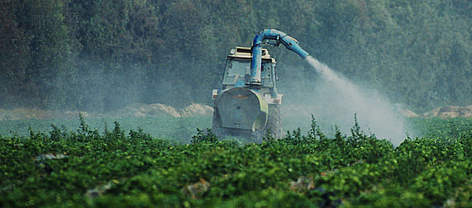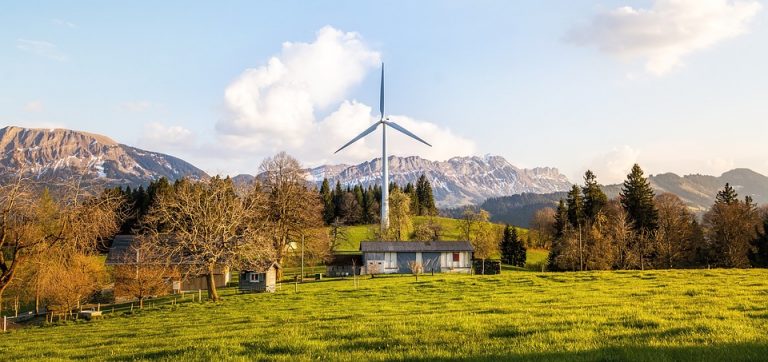
© Michel Gunther / WWF
When you think about farms, it’s likely you picture sprawling green fields filled with vegetables, fruit orchards and rolling pastures full of livestock. This traditional image is somewhat representative of the farming system’s current set-up for its omnivorous clientele. But, the picture would be — and could be — completely different as vegetarianism gains more and more traction.
Of course, the changes such a shift would have cannot be certain until that shift happens. But the following are some of the most popular and surprising ideas about how the farming system and the world would change if diets changed first.
- Farm Sizes Would Shrink
As of 2016, the world had approximately 12 billion acres dedicated to farming. Of those 12 billion acres, 68 percent went to raising livestock. Think about it: growing an animal from birth to adulthood takes a lot more space than growing a plant to the same maturity level.
As such, a vegetarian world would vastly reduce the amount of land dedicated to farming. Some might argue that farms would have to remain extra-large to produce enough food for the world, vegetarian or not, but they would only use up to 20 percent of the land left behind by livestock. The unused former farmland would restore the earth’s natural landscapes and potentially reverse some of the effects of climate change.
- Less Water Would Be Used
Here are some astonishing environmental-related farming statistics gathered by The Guardian: it takes 60 pounds of water to grow one pound of potatoes, 108 pounds of water to grow one pound of wheat, 168 pounds of water to grow one pound of corn, and 229 pounds of water to grow one pound of rice.
That may seem like a lot — until you find out how much water it takes to produce a single pound of beef. Farmers use around 20,000 pounds of water for that. It takes 220 gallons of water to produce only one-fifth of a gallon of milk. A vegetarian world would still use some animal products, but it would use a lot less water to raise meat-producing livestock.
- Farms Would Create Less Pollution
When we think of pollution, we envision big cities, rising smog, bumper-to-bumper traffic, landfills, plastic bottles floating in the ocean… it’s rare that we envision a farm. But the agricultural sector’s impact on the earth is well documented: up to one-third of all greenhouse gases produced worldwide are credited to the farming system.
Cattle are especially notorious for producing methane and other gases via their gas and manure. In order to feed livestock, farmers use machinery that emits gas into the atmosphere, too. Then, there’s the shipping of meat across state and national borders: the amount of fuel used is a huge source of farming’s pollution. Pesticides and fertilizers run off and pollute water supplies, too.
- Customers Would Be Happier, Too
The earth would benefit from a less meat-centric diet, but so would those partaking in vegetarian meal plans. Factory farming has normalized the use of hormones and antibiotics in animals in order to keep up with diners’ demands. These substances can end up in the meat we eat, unless it’s well sourced from a local or otherwise organic farmer.
On top of that, those who decide to follow a vegetarian program – or even in a mindful omnivorous one, if vegetarianism is impossible – will feel empowered. That’s because their food choices will send a message to the farming industry demanding a more produce-centric system. And, by taking a stand, buyers could just help kick-start the above positive changes that the earth would experience if we all gave up meat (or, at the very least, ate less of it from now on).





Leave a Comment